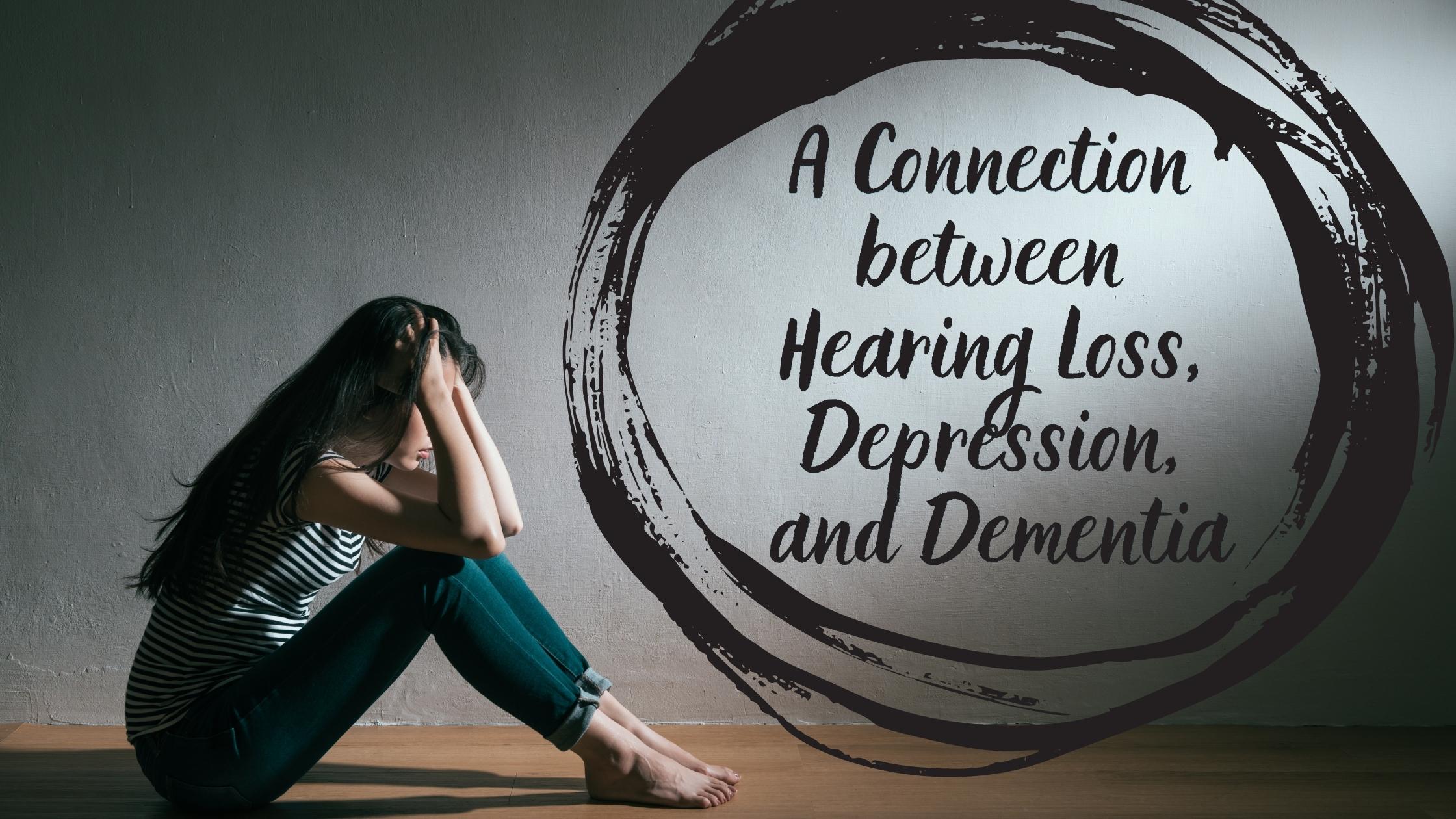Verbal communication might be more important than we realize when it comes to our mental, cognitive, and even physical wellbeing. When we have a conversation, much more is happening than simply exchanging information. We are experiencing a social connection, even when it is as fleeting as a quick conversation at the grocery store or bus stop.
By sharing our understanding of meaning in the world we know that we are not alone. Though we seldom think in such lofty terms about our chance conversations on a park bench or at a café, these small reminders that we are both understood and understanding of others can strengthen our minds and emotional wellbeing.
Hearing Loss and Communication
What happens when communication breaks down? In some cases, the inability to communicate freely and easily can lead to quite adverse experiences of the mind and emotions. This connection between verbal communication and other aspects of our wellbeing might point to a crucial function of hearing ability. When we are able to hear others clearly, we can share both the brief conversations that drive our lives forward, as well as the deeply emotional connections that make us feel loved and part of both community and family. Although those with hearing loss can get treatment to fill in the gaps in conversation, those who let hearing loss remain untreated can experience these disjointed and confusing conversations as social isolation.
Relationships with Cognitive Decline
A recent study out of Columbia University found that both hearing loss and depression were related to higher rates of cognitive decline, including dementia. Dr. Katharine K Brewster at the New York State Psychiatric Institute at the Columbia University College of Physicians and Surgeons led a team of researchers to consider a large data set. This data collected data across time about the cognitive outcomes of 8529 participants aged 60 and over. These people came into the study without cognitive impairment or dementia, but some of them developed these conditions over the course of the study. The researchers looked at a wide range of variables to try to understand what might put a person at higher risk of dementia.
Hearing Loss and Depression
The results were clear. Both hearing loss and depression were correlated with higher rates of cognitive decline. In order to better understand the connections between these conditions, we can look beyond this study to other research that has found a relationship between hearing loss and depression. It seems that those who have hearing loss are at a higher risk of developing depression, as well. Perhaps this relationship gives us a better understanding of the further relationship with cognitive decline, as well. When a person has hearing loss, conversations become difficult. Rather than fight through the awkward and confusing process of trying to decipher meaning without all the necessary sounds, some people shrink from social encounters altogether. Research has shown that there are emotional and mental effects of fragmented social relationships, but those close connections with family and community are not the only important ones. Our everyday encounters with strangers in the world are also important to the feeling that we can engage independently in the world, providing for ourselves when necessary. Hearing loss can interfere with both types of relationships indeed.
Communication and Connection
The good news is that getting treatment for hearing loss has proven remarkably successful at helping many people regain conversational ability. By filling in some of the gaps in language, those who use hearing aids are newly able to make sense of what another person is saying and to respond in kind. When the response is received as one that makes sense, the flow of conversation back and forth can be regained once again. That communication flow is not only important to our feelings of mental and emotional wellbeing, but verbal communication might also be a key to preventing dementia in older age.
If you or someone you love struggles with conversational ability, why not take the opportunity to schedule a hearing test as soon as possible? When you have a full diagnosis of hearing ability, you will be better situated to get assistance when the time comes. Contact us today to schedule an appointment!

